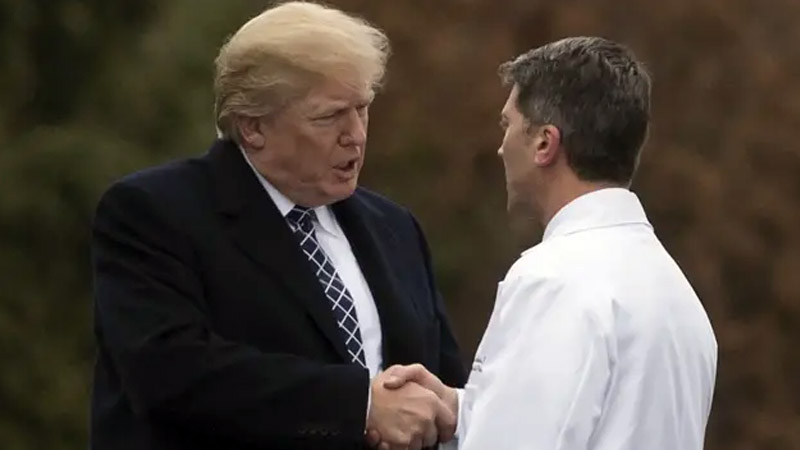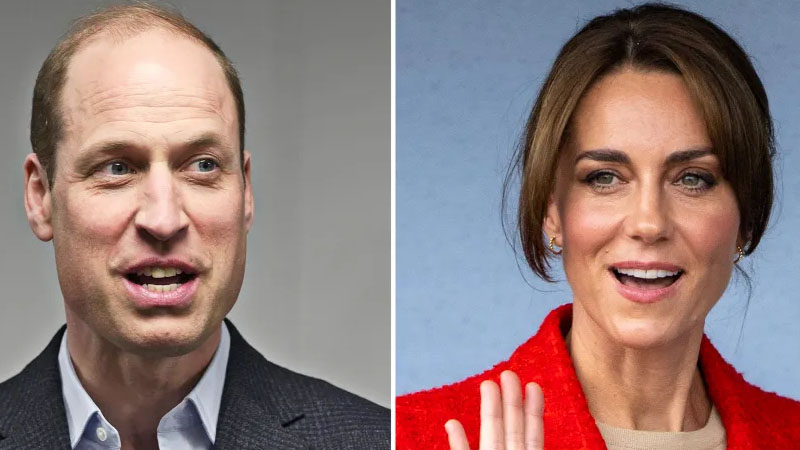Ronny Jackson Lashes Out at FBI Director Over Trump’s Injury Claims

(Getty Images)
The controversial former White House doctor who examined Donald Trump after a recent assassination attempt is lashing out at FBI Director Christopher Wray, who raised questions about whether the ex-president was actually struck by a bullet or shrapnel.
Ronny Jackson, now a Texas GOP lawmaker who once served as White House doctor under both Trump and Barack Obama, recently released a letter attempting to clarify Trump’s health status following the purported shooting. The letter, however, was met with mockery, given Jackson’s previous accusations of running a “pill mill” during his time at the White House.
“The bullet passed, coming less than a quarter of an inch from entering his head, and struck the top of his right ear. The bullet track produced a 2 cm wide wound that extended down to the cartilaginous surface of the ear,” the letter states. “There was initially significant bleeding, followed by marked swelling of the entire upper ear.”
Days after this development, FBI Director Christopher Wray, a Trump appointee, suggested that there was “some question about whether or not it’s a bullet or shrapnel that, you know, hit his ear.” Jackson did not take kindly to Wray’s comments and posted an angry response on social media.
“ABSOLUTELY IRRESPONSIBLE for Chris Wray to make such a statement as Director of the FBI,” Jackson wrote. “Another POLITICALLY MOTIVATED move by the man that has repeatedly weaponized his office to tear down President Trump.” He continued, “What little credibility he may have left is GONE after recklessly suggesting Trump might not have been hit by a bullet.”
“IT WAS A BULLET — I’VE SEEN THE WOUND! PATHETIC!!!” he shouted. Former MSNBC personality Keith Olbermann responded, saying, “You do realize you have no credibility — like you don’t have a license to practice in several states.”
Jackson’s vehement defense of Trump’s injury and his attack on Wray highlight the deep-seated tensions within the political landscape, particularly among those loyal to Trump. The controversy over the nature of Trump’s injury and Jackson’s credibility underscores the ongoing politicization of health and security matters.
As the debate continues, it serves as a reminder of the polarized environment in which political figures operate, where even medical assessments and security concerns can become battlegrounds for partisan conflict. Jackson’s outburst and subsequent reactions illustrate the challenges of maintaining objectivity and trust in such a contentious atmosphere.


